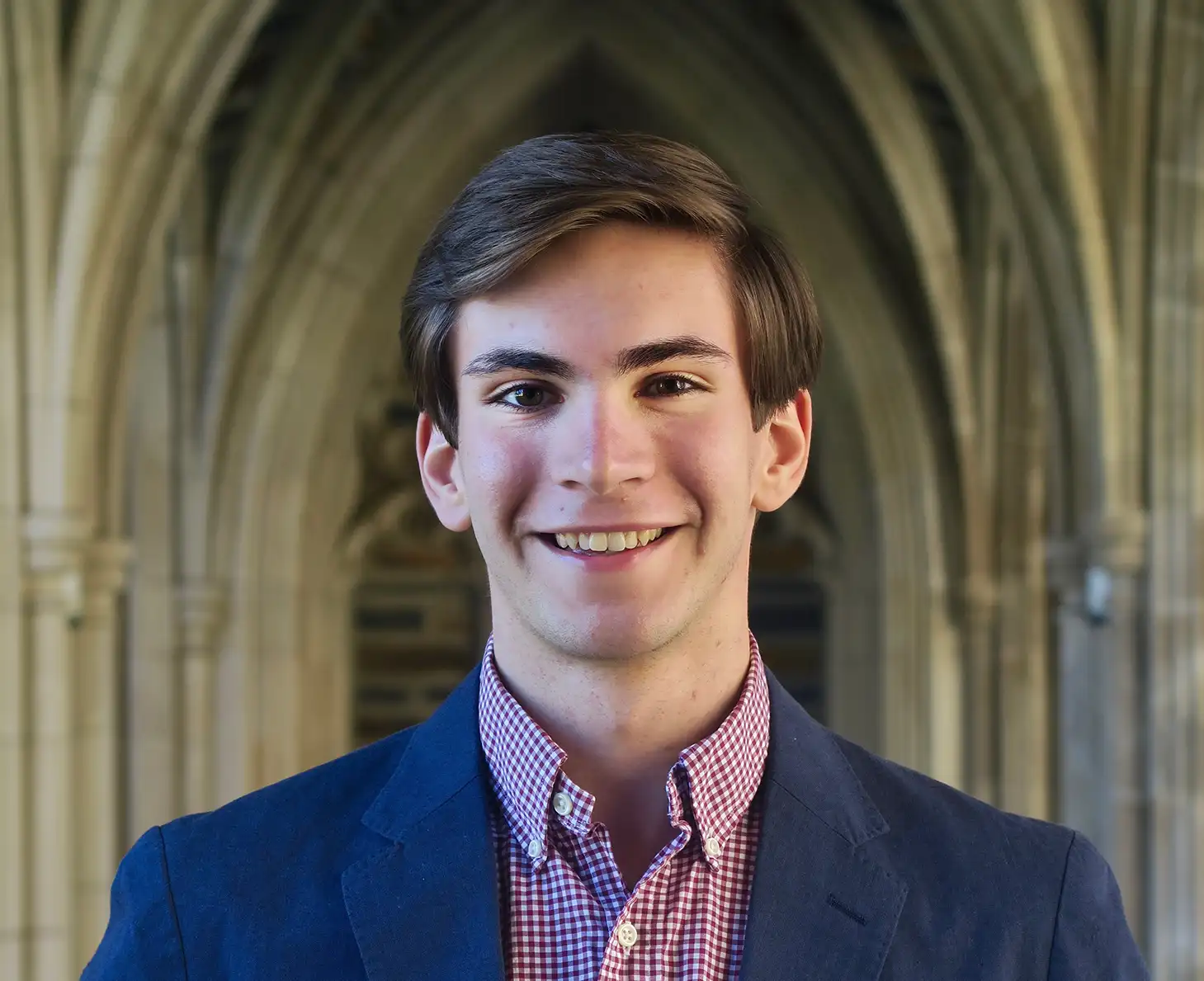Communications and Research fellow uses passion for the environment to implement policy
Meet Robby Phillips

Robby Phillips’ research is used to uplift communities left behind by the energy transition through streamlining information for and navigating challenges. (Photo Credit: Robby Phillips)
From an early age, Robby Phillips felt the need to protect the environment after being immersed in the lakes and nature preserves within the Appalachian Trail, near where he grew up in New York’s Hudson Valley. As he grew older and became more knowledgeable about the threat of climate change, he became drawn to learning more about the issue and its solutions throughout college and internships at Duke University. Ultimately, Phillips wanted to learn more about the role the government had in addressing climate change and in uplifting communities left behind by the energy transition. Phillips discovered the perfect opportunity through the Oak Ridge Institute for Science and Education (ORISE) at the Department of Energy (DOE) that focused on Bipartisan Infrastructure Law (BIL) implementation and was selected.
“I had spent much of my college experience learning and organizing around state and local energy policy, and when the Bipartisan Infrastructure Law and Inflation Reduction Act were passed, I wanted to learn more about how these policies would be implemented and more broadly how the federal government can use its resources to uplift local communities,” Phillips said. “The opportunity to learn about the process of implementing BIL funds at the state level in DOE’s State Energy Program stood out as a perfect fit!”
This experience has further spurred my interest in how policy is made and generated and has taught me a great deal about what makes policy succeed and what slows down implementation. It has been a great way to start my career and gain expertise both in energy issues and within the federal government landscape, which can be quite difficult to get into without significant prior experience."
The U.S. Department of Energy (DOE) Science, Technology and Policy (STP) Program serves as a next step in the educational and professional development of scientists and engineers by providing opportunities to participate in policy-related projects at the Department of Energy in Washington, D.C.
Phillips was placed with the Innovation and Special Projects team in the State Energy Program which designs and delivers technical assistance and funding and financing programs to State Energy Offices (SEOs). His main project involves improving the team’s communications with state energy offices and the public through monthly newsletters, researching and writing resources and website redesign. Additionally, Phillips was provided an opportunity to participate in the design and implementation of a direct technical assistance program for state governments and taking part in a stakeholder engagement series.
“The goal of my fellowship is to streamline information and help the SEOs navigate the challenges of the federal regulatory and funding apparatus and to connect them with experts to address the critical energy issues they’re facing,” he said. “Through this work, their jobs are hopefully made easier and in turn, the programs they offer to the average American are made more accessible and available sooner.”
A typical day varies for Phillips, but mostly involves preparing for monthly office hours sessions, fielding requests from everyday Americans looking for assistance and designing resources to amplify the outcomes of the projects. He’s found that helping to connect citizens with resources to keep their lights on and their house cool in the summer is a rewarding experience and demonstrates that the government can work for everyday people through the numerous resources available.
When Phillip’s appointment ends next year, he plans to continue delving into the energy policy and planning space and eventually pursue a graduate degree in either policy or law.
“This experience has further spurred my interest in how policy is made and generated and has taught me a great deal about what makes policy succeed and what slows down implementation,” he said. “It has been a great way to start my career and gain expertise both in energy issues and within the federal government landscape, which can be quite difficult to get into without significant prior experience.”
The STP Program is funded by and administered through the U.S. Department of Energy’s (DOE) Oak Ridge Institute for Science and Education (ORISE). ORISE is managed for DOE by ORAU.

